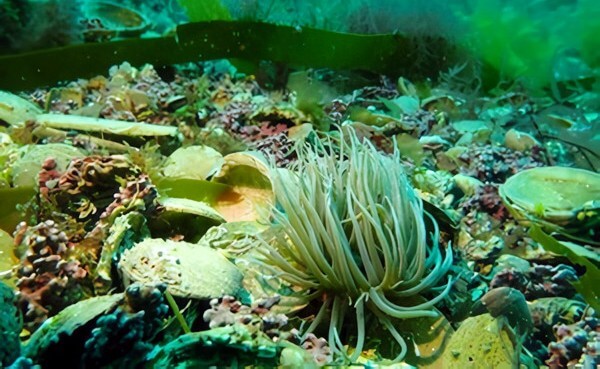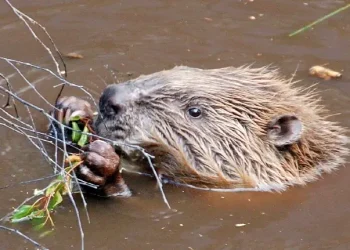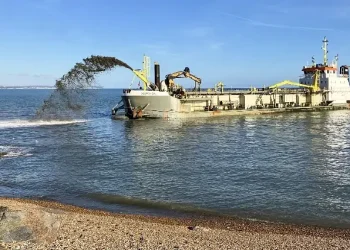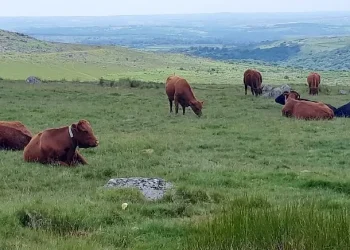Beneath the tranquil waves of Cornwall’s South Coast, a remarkable discovery has been made: new maerl beds, teeming with life and offering critical support to local marine ecosystems.
This unexpected find, spearheaded by Natural England, highlights the importance of these vibrant underwater habitats for biodiversity and carbon storage.
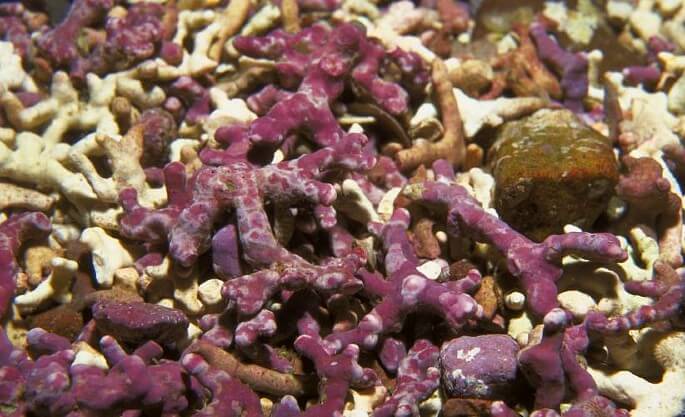
The Significance of Maerl Beds
Maerl beds are composed of calcareous red algae that create complex structures, providing shelter and sustenance for various marine species. Often compared to coral reefs for their ecological importance, these beds are vital for sustaining local biodiversity.
They offer a unique environment that supports a wide range of organisms, from small invertebrates to larger fish species.
- Ecological Role: Maerl beds serve as nurseries for fish and other marine life, offering refuge and feeding grounds. The structural complexity of these beds supports a rich diversity of species, making them critical for healthy marine ecosystems.
- Carbon Sequestration: Beyond their ecological importance, maerl beds are significant carbon sinks. They trap and store carbon within their structures, helping to mitigate the impacts of climate change. This dual role in supporting biodiversity and carbon storage makes their preservation a top priority.
The Recent Expedition and Findings
The recent expedition, conducted by a team of expert divers and marine scientists, focused on unexplored areas off the Roseland Peninsula and St Austell Bay. Using underwater drones and the expertise of local dive boat operators, the team discovered previously undocumented maerl beds, expanding our understanding of the distribution of these habitats.
Expedition Highlights:
- Discovery Sites: Roseland Peninsula, St Austell Bay
- Findings: Identification of new maerl beds, documentation of 110 seaweed species, and 79 animal species.
- Collaborators: Natural England, University of Exeter, Porthkerris Divers
The data collected during this mission is invaluable. Detailed records of the species found, along with the physical state of the maerl beds, provide a clearer picture of the health and diversity of these habitats. This information will be crucial in advocating for stronger protection measures.
The Following video is about the Scottish Beds
The Urgent Need for Conservation
Maerl beds are classified as “irreplaceable habitats” due to their slow growth rates and vulnerability to damage. Once disturbed, these beds may not recover, leading to the loss of associated species. Protecting these habitats is essential for maintaining the biodiversity and ecological health of the region.
Conservation Efforts
The findings from this expedition will feed into ongoing conservation strategies. Natural England, alongside other partners, aims to use this new data to advocate for enhanced protections for maerl beds under existing marine conservation frameworks.
The Role of Blue Carbon
One of the standout features of maerl beds is their role in the global carbon cycle. Known as “blue carbon” habitats, these underwater ecosystems are incredibly efficient at sequestering carbon dioxide, thus playing a crucial role in mitigating climate change. Recent studies have shown that maerl beds can store significant amounts of carbon, highlighting their importance not just for marine life, but for the planet’s climate health.
Comparison of Marine Habitats and Their Carbon Storage Capacity:
Habitat Type |
Carbon Storage Capacity |
Locations |
|---|---|---|
| Maerl Beds | High | Cornwall, Scotland |
| Lophelia Reefs | Moderate | North Atlantic |
| Seagrass Beds | Moderate to High | Coastal UK, Mediterranean |
| Flame Shell Beds | Low | West Coast of Scotland |
| Blue Mussel Beds | Low | Coastal Europe |
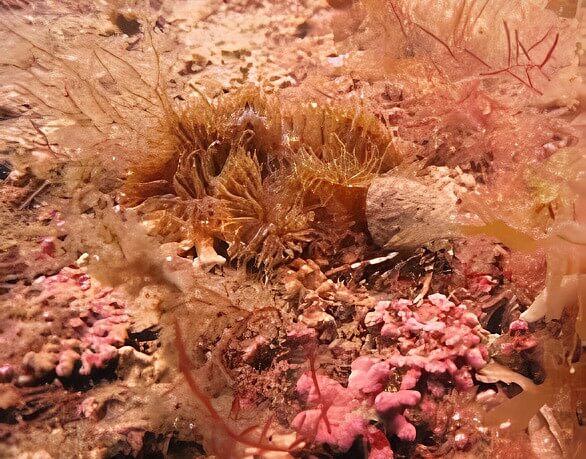
Future Research and Protection
The recent discovery of these maerl beds opens new avenues for research and conservation. Understanding the extent and health of these habitats is critical for their protection.
Future efforts will likely focus on detailed mapping and genetic studies, providing deeper insights into the resilience and unique characteristics of these vital ecosystems.
Moving Forward
The discovery of new maerl beds off Cornwall’s South Coast is a call to action. As we continue to uncover the secrets of our marine environments, the imperative to protect these precious habitats becomes ever clearer.
With concerted effort, we can ensure that these underwater treasures continue to thrive, supporting both marine life and our planet’s health.
Sources: THX News, Natural England, Marine Scotland, European Environment Agency, University of Exeter & Department for Environment, Food and Rural Affairs.



